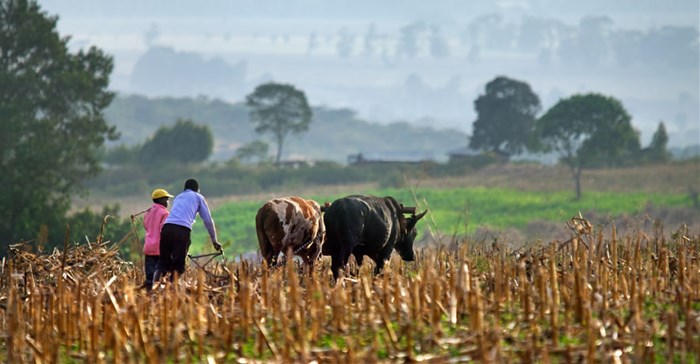
SACAU will participate in discussions on agriculture and Sunga will present in a public session on “Envisioning a Food Secure Future.” Sunga will address, among others, how to design and leverage technology for smallholder farmers, identifying priorities in advancing Africa’s agriculture agenda through multi-stakeholder collaboration and the new vision for agriculture.
“Emerging technology innovations have the potential to revolutionise the way food is produced, packaged, distributed and consumed. It is important then that we look at opportunities not just for commercial farming but also for smallholder farmers,” said Sunga.
“Smallholder farmers produce as much as 80% of the food consumed in some parts of the developing world, yet they make up a majority of the world’s undernourished population,” he noted.
“We must proactively seek out the best technologies for smallholder farmers if we want to connect them to new resources that can help them navigate the myriad of challenges the face each day,” said Sunga.
SACAU recognises the importance of Information Communication Technologies (ICTs) and the potential it has to transform and further enhance the state of agriculture for both smallholder and large-scale farmers.
“It is our duty to ensure smallholder farmers are not left behind in the Fourth Industrial Revolution,” said Sunga. “We must, therefore, ensure that there is a strong digital infrastructure for smallholder farmers to access tools which empower them to make their own decisions about their farms and businesses,” he added.
About 3,000 people - including leaders from politics, business and civil society - are expected to converge in Davos to examine “how can leaders be responsive to the genuine frustration of people left behind by globalised market capitalism in a responsible way that offers workable, fair and sustainable solutions,” said Sunga.
The meeting will focus on four key leadership challenges for 2017: strengthening global collaboration, revitalising economic growth, reforming capitalism and preparing for the Fourth Industrial Revolution – a huge leap powered by the digital age, which is transforming the way people live and work. It will do this through a programme where more than half of the 400 sessions focuses on social inclusion and development.
Sunga’s view on five innovations that will transform the lives of smallholder farmers can be seen on here.